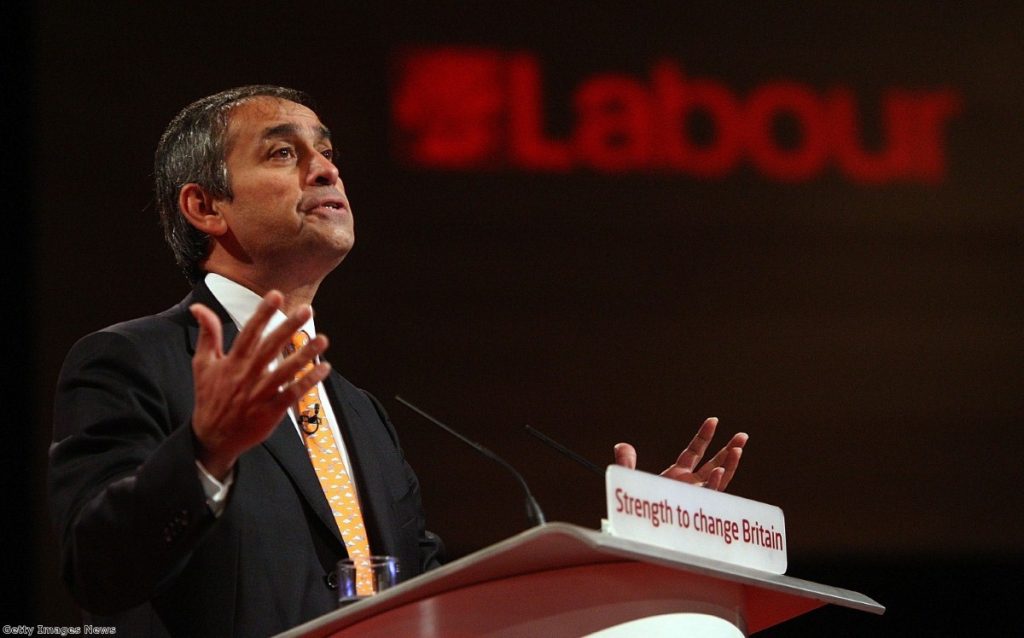Why did Lord Darzi pull out of an anti-smoking debate?
By David Bowden
I spent yesterday morning doing what many others do: shouting at the Today Programme. The particular bugbear was Lord Darzi's proposals to ban smoking in parks along with a whole range of deeply illiberal measures aimed at curbing Londoners' unhealthy lifestyles: issues I have written and spoken about critically for many years. In fact, Today had even asked me for a few choice words the afternoon before which they could put to Darzi (sadly unused). So when I was invited onto a BBC show to debate with Darzi himself later that day I leapt at the chance to put my concerns about the authoritarian implications of these policy ideas to the man himself.
Except, just as I was getting ready to head to the studio, I was rung by a bemused BBC journalist asking me not to come. Darzi's team, at the last minute, had declared he was apparently uncomfortable taking part in a debate on the subject, and would rather discuss his proposals in an interview with a journalist. The journalist was suitably apologetic and emphasised that this was not something she had ever encountered before.
I couldn't work out whether I was outraged or oddly proud of having been effectively no-platformed by a member of the House of Lords. Yet the more I paid attention to the issue over the course of the day I noticed it was part of a pattern: Darzi was only giving interviews on the topic, not taking part in debates on a report he produced. It wasn't a personal slight: he just didn't feel comfortable debating the topic with anyone who wasn't an interviewer.


This seemed extraordinary: after all, the report was hardly a dusty academic review. It had been commissioned by the Mayor of London and promises, in Darzi's own words, measures "unprecedented in their scope…(which) amount to the biggest public health drive in the world".
Given these proposals, according to Darzi, include banning smoking from public spaces, minimum alcohol pricing and banning takeaways from near local schools you'd think there would be plenty to debate: not least whatever the evidence could possibly be to justify these extraordinary measures. Even if there was evidence, of course, it also would not justify bypassing political debate about the enormous questions these pose to life in a supposedly liberal, free society.
While Darzi was undoubtedly given a critical examination by his interviewers, there is something deeply objectionable about government advisors deciding who it is they get to debate on public platforms. The same arrogance inherent in lobbying to limit what adults can do in public space is also present when refusing to debate the people who will be affected by your proposals.

I've taken part in many debates down the years with MPs, public health experts and anti-smoking campaigners: many good-natured, some bad-tempered but all ultimately people who feel some need to justify their arguments in the white-heat of public debate against an opponent who might give you a hard time. Evidently it is not an impulse shared by members of the House of Lords, especially ones on a moral mission to make London "the healthiest city in the world". Perhaps this antipathy to free debate partly explains why the report's advocates seem so baffled when anyone suggests these intrusive public health interventions may in some way be harmful to the notion of a free society.
David Bowden works at the Institute of Ideas is one of the organisers of the Battle of Ideas festival, which takes place at the Barbican 18-19 October. Follow him on Twitter.
The opinions in politics.co.uk's Comment and Analysis section are those of the author and are no reflection of the views of the website or its owners.

